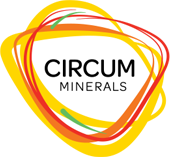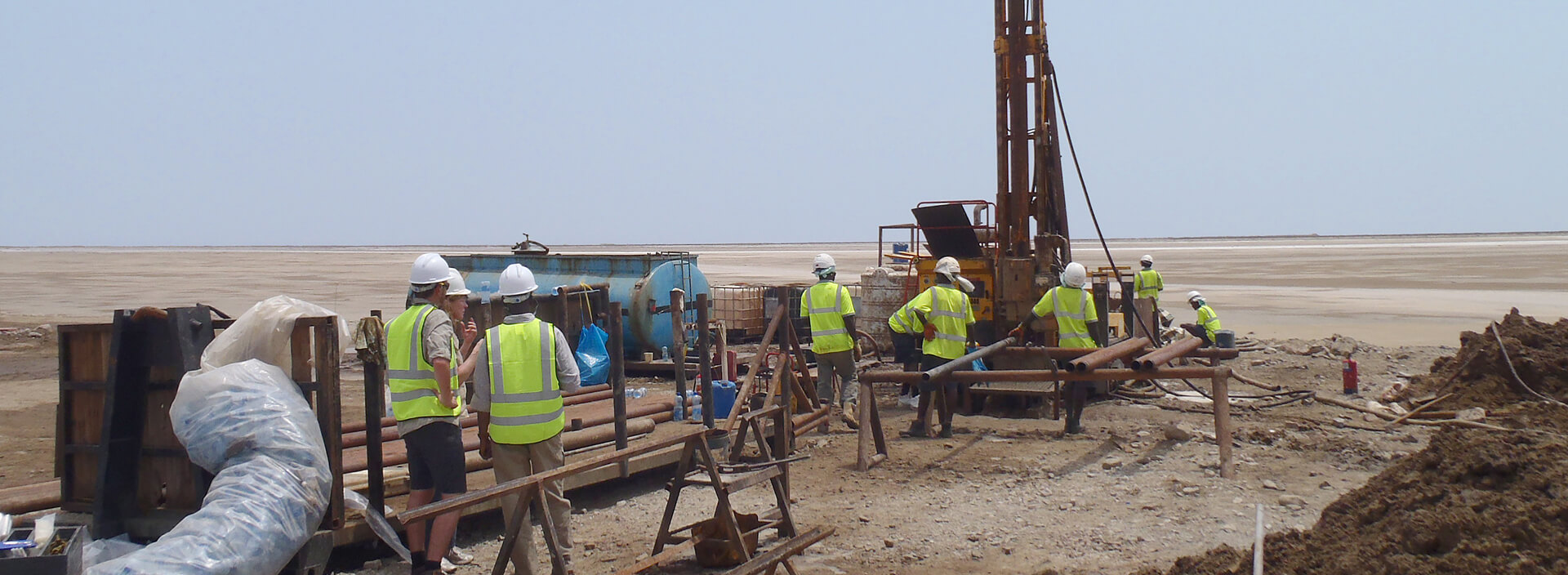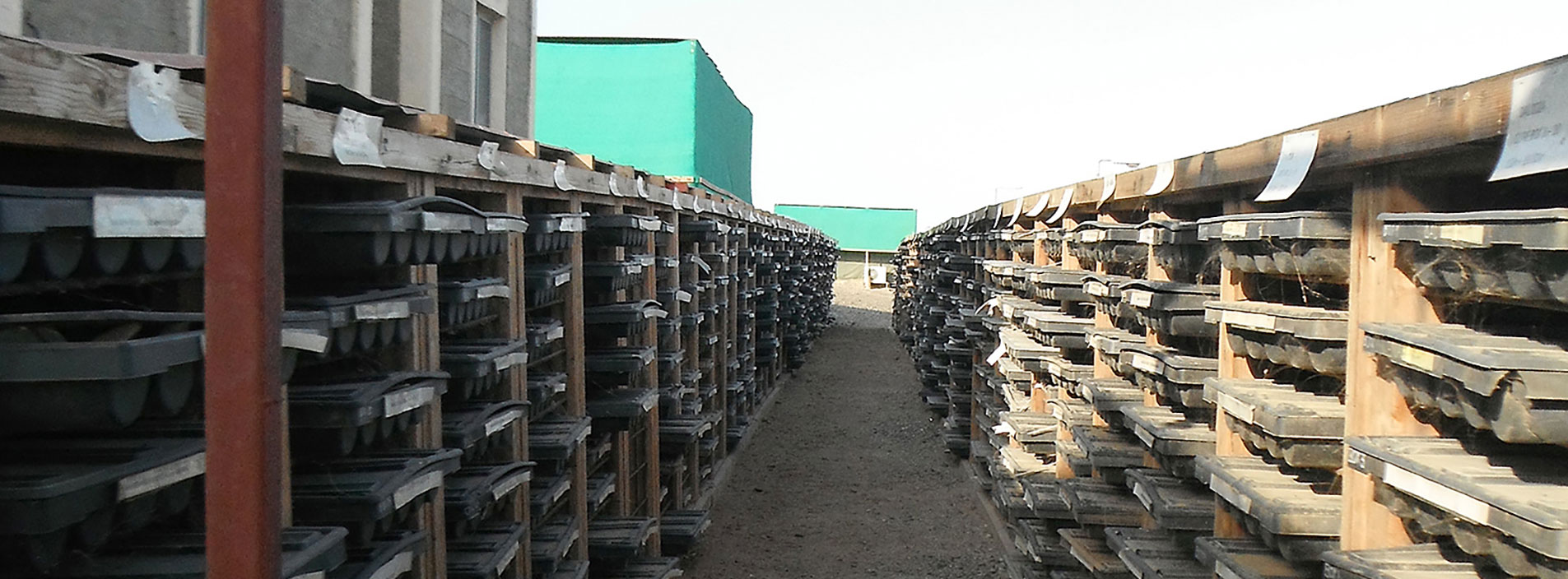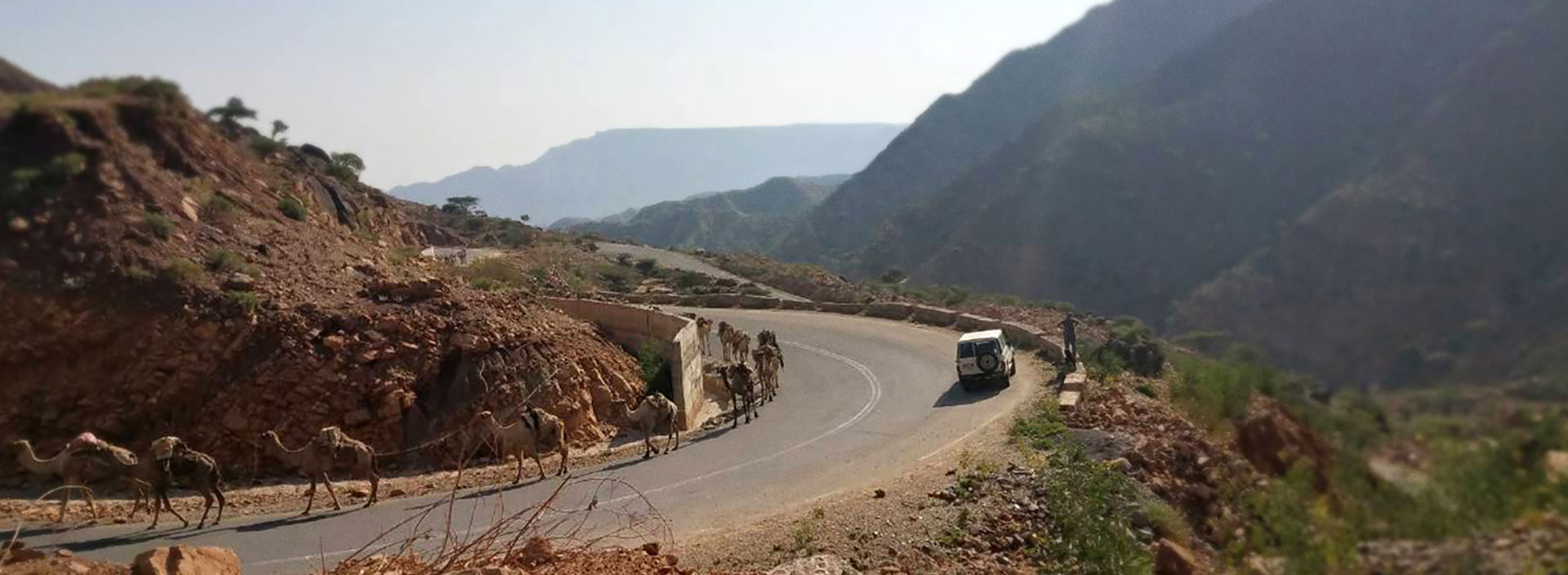In February 2014, a maiden mineral resource estimate of 1.9 billion tonnes containing 356 million tonnes of KCl was prepared by K-UTEC AG Salt Technologies (K-UTEC) of Germany, and a scoping study on the Project was released the following month.
In May 2015, K-UTEC completed an updated mineral resource estimate of 4.2 billion tonnes containing 757 million tonnes of KCl. In July 2015, a definitive feasibility study (DFS) was completed to the standard of a NI 43-101 Canadian securities code compliant feasibility study under the overall supervision of Senet (Pty) Ltd of South Africa (Senet). K-UTEC provided resource definition as well as the design of the well-field and plant. Umvoto Africa (Pty) Ltd provided water resource modelling and Environmental Resource Management conducted the Environmental and Social Impact Assessment.
In February 2016, Circum, together with its independent consultants Senet and K-UTEC, reviewed the costs in the DFS. Through their analysis, development capital costs were reduced by US$276 million and operating costs were reduced by about US$3 per tonne.
While raising financing to start mine development, Circum has conducted further studies to optimise the project. The development of the processing plants has been modularised, enabling Circum to build the project in phases. This adds exceptional optionality to the project, as Circum can add on more production modules over time, and after the initial construction period, the remaining phases are largely self-funding.
In June 2018, Circum completed a DFS on the first phase of the modularised process, which targeted production of 1.5 million tonnes per year of sulphate of potash (SOP), a premium fertilizer product. In response to both financial market conditions due to the outbreak of Covid in early 2020 and an awareness of the potential to further optimise the recovery and treatment processes, Circum undertook further work to produce a Canadian National Instrument 43-101 compliant DFS, under the leadership of NovoPro Projects Inc. of Canada, a specialised potash engineering consultancy. ERCOSPLAN Umwelt Consulting GmbH undertook work on the resource, the design of the mine plan and solution mining caverns; Hazen Research performed plant process testwork; Geostratum Water Management Consulting provided water resource modelling; and Environmental Resource Management conducted the Environmental and Social Impact Assessment.
The DFS was completed in 2021, with production focusing on SOP across three product categories: standard, granular and water soluble. A unique feature of the process is the injection of muriate of potash to improve the project returns. Production is again modularised, with the first phase being for 375 000 tonnes per year of SOP, followed by a further module of 375 000 tonnes per year as market conditions allow. The DFS has produced an optimised recovery and treatment process, and as a result, mine gate cash costs are projected to be among the lowest in the potash industry.
Due to the shallow nature of the deposit, the Danakil Potash Project will be amenable to low-cost, low-risk, in-situ leaching. Also, the extremely hot surface temperatures and high regional evaporation rates will allow the use of solar evaporation all year round.



